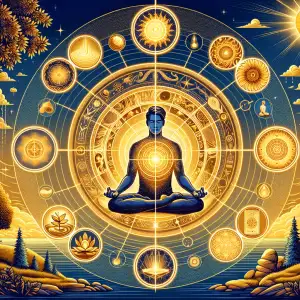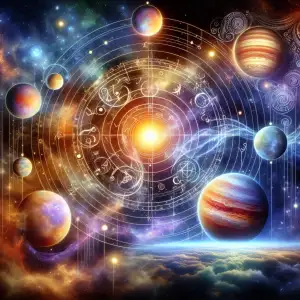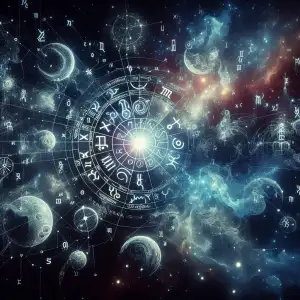Heal Your Past, Heal Your Present: Unlocking the Power of Ancestor Healing
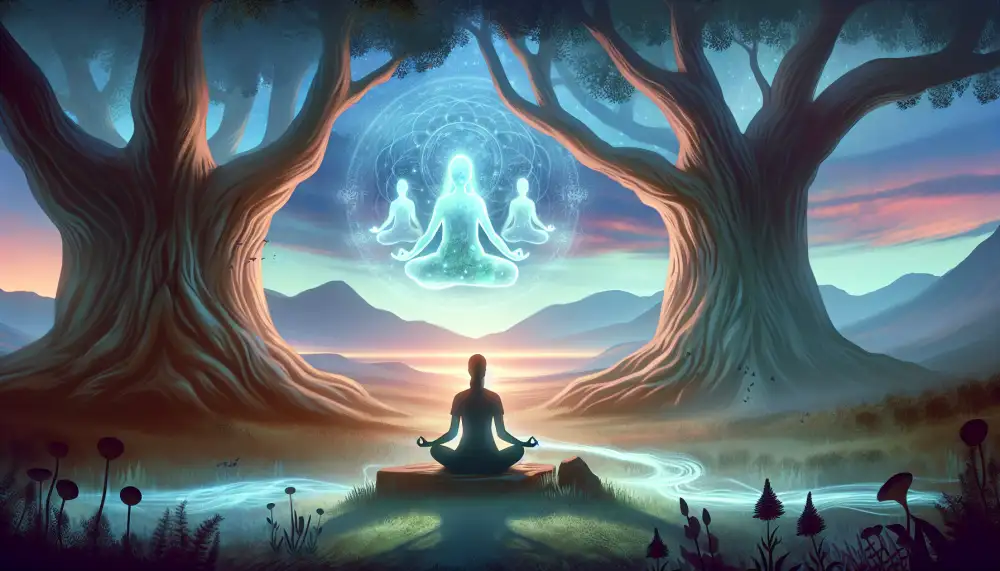
Understanding Ancestor Healing
Ancestor healing recognizes the profound impact our lineage has on our lives. It acknowledges that unresolved trauma, pain, and limiting beliefs can be passed down through generations, impacting our well-being, relationships, and potential. Just as we carry the gifts and strengths of our ancestors, we also inherit their wounds.
This spiritual practice centers around healing the wounds of our ancestors. It's about acknowledging their pain, offering forgiveness and love, and ultimately helping them find peace. As we heal our ancestors, we also heal ourselves. The process often involves connecting with our ancestors through meditation, prayer, ritual, or energy work. By communicating with them, we can begin to understand their experiences and the challenges they faced.
Forgiveness plays a crucial role in ancestor healing. We may need to forgive our ancestors for their shortcomings, just as we need to forgive ourselves. Holding onto anger and resentment only perpetuates the cycle of pain. Releasing these negative emotions can free both us and our ancestors.
Remember, ancestor healing is not about blaming our ancestors for our problems. It's about understanding how their experiences have shaped us and taking responsibility for our own healing journey. It's a process that requires patience, compassion, and a willingness to confront our own shadows.
If you're drawn to ancestor healing, many resources are available to support you on your journey. You can explore books, workshops, and online communities dedicated to this powerful practice. You can also seek guidance from spiritual teachers or healers experienced in this area.
Ancestral Trauma's Impact
The impact of ancestral trauma can be subtle yet profound, weaving its way into our lives across generations. This trauma, often stored in our very DNA, can manifest as emotional patterns, relationship difficulties, and even physical ailments. We might find ourselves grappling with unexplained anxieties, fears, or self-sabotaging behaviors, unaware that their roots lie in the unresolved pain of our ancestors.
This inherited trauma can stem from a variety of sources: war, persecution, displacement, slavery, or even systemic oppression. These experiences leave an indelible mark on the soul, and without conscious healing, this pain can be passed down, impacting future generations in ways they may not fully comprehend.
Ancestral healing offers a path to address these deeply rooted wounds. It acknowledges that we are not isolated individuals but part of a larger lineage, carrying the stories and experiences of those who came before us. Through various spiritual practices, we can begin to heal not only ourselves but also our ancestral lines.
This journey often involves researching our family history, uncovering hidden truths, and acknowledging the pain our ancestors endured. Practices like meditation, energy healing, and ritual work can help us connect with our ancestors, offering love, forgiveness, and support. As we heal the past, we create a ripple effect, transforming the present and future for ourselves and generations to come.
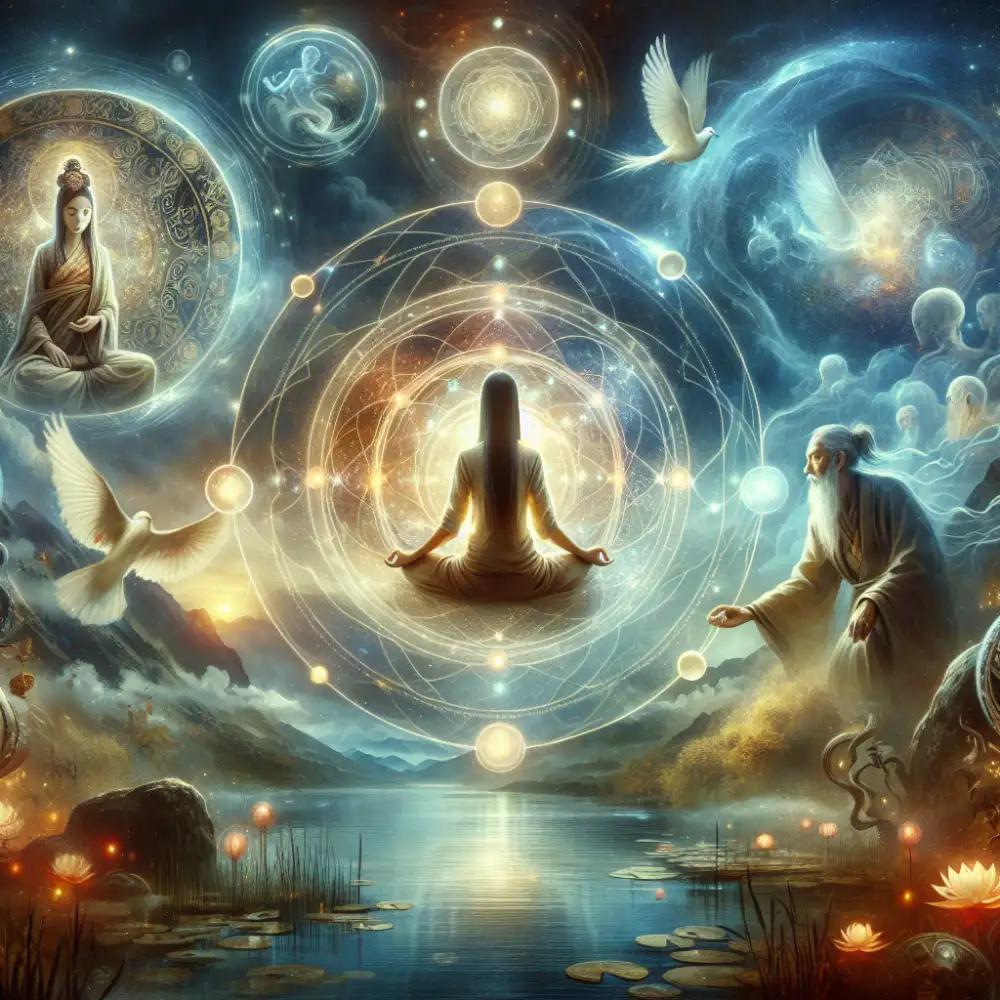
Ancestral healing is not about dwelling in the past but about understanding how it shapes us. It's about reclaiming our power, breaking free from limiting patterns, and stepping into a future free from the shackles of inherited trauma. It's a journey of compassion, understanding, and ultimately, profound healing for ourselves and our lineage.
| Feature | Ancestor Healing | Traditional Therapy |
|---|---|---|
| Focus | Healing past traumas and unresolved issues of ancestors to improve present-day well-being | Addressing current emotional and mental health concerns of the individual |
| Methodology | Meditation, rituals, family tree exploration, energy work | Talk therapy, cognitive exercises, medication (if necessary) |
| Scientific Evidence | Limited to anecdotal evidence and cultural practices | Backed by extensive research and clinical studies |
Identifying Ancestral Wounds
Identifying ancestral wounds within ourselves is a deeply personal and often challenging journey. It's not about blaming our ancestors for our present struggles but rather understanding how their unresolved pain might be echoing through generations, influencing our thoughts, behaviors, and patterns.
These wounds, often invisible and deeply ingrained, can manifest in various aspects of our lives. Recurring patterns of unhealthy relationships, persistent financial struggles, or chronic illnesses that elude medical explanation can all be potential indicators of ancestral trauma. Emotional and mental health issues like anxiety, depression, or deep-seated fears, especially those seemingly unrelated to your personal experiences, might also stem from ancestral wounds.
Pay attention to any recurring themes or patterns in your family history. Are there stories of addiction, poverty, displacement, or violence that repeat across generations? These narratives often hold clues to the deeper wounds carried within your lineage.
Often, our initial reactions to situations, especially those rooted in fear or anger, can reveal ancestral patterns. If you find yourself reacting disproportionately to certain triggers, it could be a sign of ancestral trauma bubbling to the surface. Similarly, deeply held beliefs and fears that seem irrational or unfounded might be inherited from your ancestors.
Dreams can be a powerful portal to the unconscious mind, often revealing ancestral wounds through symbolic imagery and narratives. Pay attention to recurring dreams, especially those featuring ancestors or themes related to their experiences. Journaling your dreams can help you uncover hidden messages and patterns.
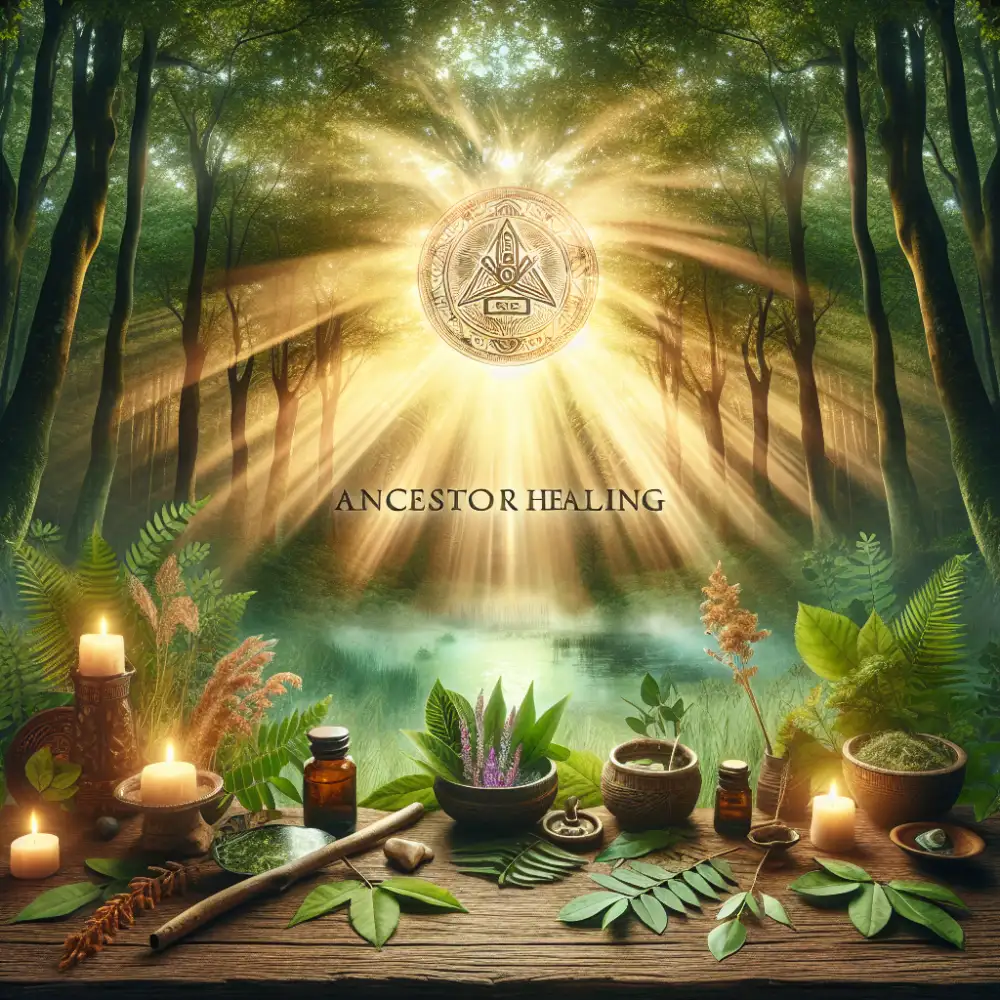
Remember, identifying ancestral wounds is not about assigning blame. It's about understanding the roots of our present struggles so we can begin to heal ourselves and our lineage. It's a journey of compassion, both for ourselves and our ancestors, as we work to break free from the cycles of pain and create a more harmonious future for ourselves and generations to come.
id="methods-for-ancestor-healing">Methods for Ancestor Healing Benefits of Ancestor HealingAncestor healing, a profound spiritual practice, centers around the belief that unresolved trauma and emotional wounds of our ancestors can be carried down through generations, impacting our well-being and life experiences. By addressing and healing these ancestral patterns, we can unlock emotional freedom, improve mental and physical health, and create a more positive future for ourselves and future generations.
Many individuals report experiencing tangible benefits from ancestor healing, such as:
Release from limiting beliefs and patterns: We often unconsciously adopt the beliefs and behaviors of our ancestors. Ancestor healing helps identify and release these inherited patterns, empowering us to break free from cycles of negativity and create positive change.
Improved emotional well-being: Unresolved trauma in our lineage can manifest as anxiety, depression, or anger. By healing ancestral wounds, we can experience greater emotional stability, inner peace, and forgiveness.
Enhanced relationships: Ancestral patterns can influence our relationships with family, friends, and romantic partners. Healing these patterns can lead to healthier, more fulfilling connections and a greater sense of belonging.
Physical healing: Some practitioners believe that unresolved ancestral trauma can manifest as physical ailments. Ancestor healing may help alleviate these symptoms by addressing the root cause and promoting energetic balance within the body.
Strengthened intuition and spiritual connection: By connecting with our ancestors through healing practices, we can deepen our spiritual connection, access ancestral wisdom, and enhance our intuition.
Breaking intergenerational cycles: Ancestor healing empowers us to heal the past and create a more positive future for ourselves and future generations. By addressing and transforming ancestral patterns, we can break free from cycles of trauma and create a legacy of healing and well-being.
Ancestor healing is a deeply personal and transformative journey. It's important to approach this practice with reverence, respect, and an open heart. If you're drawn to ancestor healing, explore different modalities and find a practitioner who resonates with you. Through this profound work, you can honor your lineage, heal ancestral wounds, and create a brighter future for yourself and generations to come.
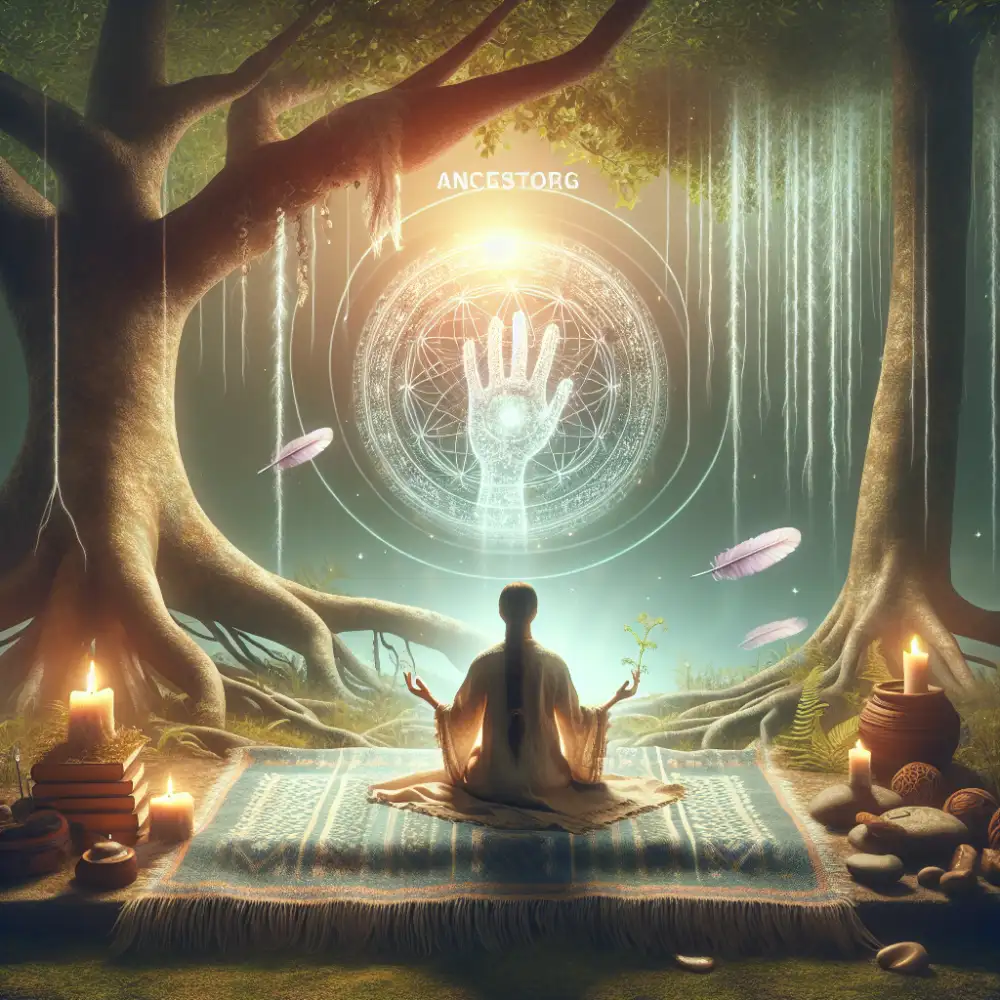

Finding Support and Guidance
Embarking on the path of ancestor healing can feel like a deeply personal journey, but you don't have to do it alone. Connecting with others who resonate with this practice can provide invaluable support, guidance, and a sense of community. Consider joining workshops, online forums, or support groups dedicated to ancestral healing. These spaces offer opportunities to learn from experienced practitioners, share your experiences, and gain different perspectives. Look for workshops or retreats led by respected healers or teachers who specialize in ancestral work. They can provide structured guidance, teach specific techniques, and hold space for emotional processing.
Remember that seeking guidance from spiritual advisors, therapists, or energy healers experienced in ancestral healing can offer personalized support. They can help you navigate challenges, understand your ancestral patterns, and work through any personal blocks that may arise. Don't hesitate to reach out to your local community centers, cultural organizations, or spiritual groups to inquire about resources or workshops related to ancestor healing.
As you connect with others, approach these spaces with an open mind and a willingness to learn and share. Remember that everyone's journey is unique, and the support you receive can be instrumental in deepening your practice and fostering healing for yourself and your lineage.
Embarking on the path of ancestor healing can feel like a deeply personal journey, but you don't have to do it alone. Connecting with others who resonate with this practice can provide invaluable support, guidance, and a sense of community. Consider joining workshops, online forums, or support groups dedicated to ancestral healing. These spaces offer opportunities to learn from experienced practitioners, share your experiences, and gain different perspectives. Look for workshops or retreats led by respected healers or teachers who specialize in ancestral work. They can provide structured guidance, teach specific techniques, and hold space for emotional processing.
Remember that seeking guidance from spiritual advisors, therapists, or energy healers experienced in ancestral healing can offer personalized support. They can help you navigate challenges, understand your ancestral patterns, and work through any personal blocks that may arise. Don't hesitate to reach out to your local community centers, cultural organizations, or spiritual groups to inquire about resources or workshops related to ancestor healing.
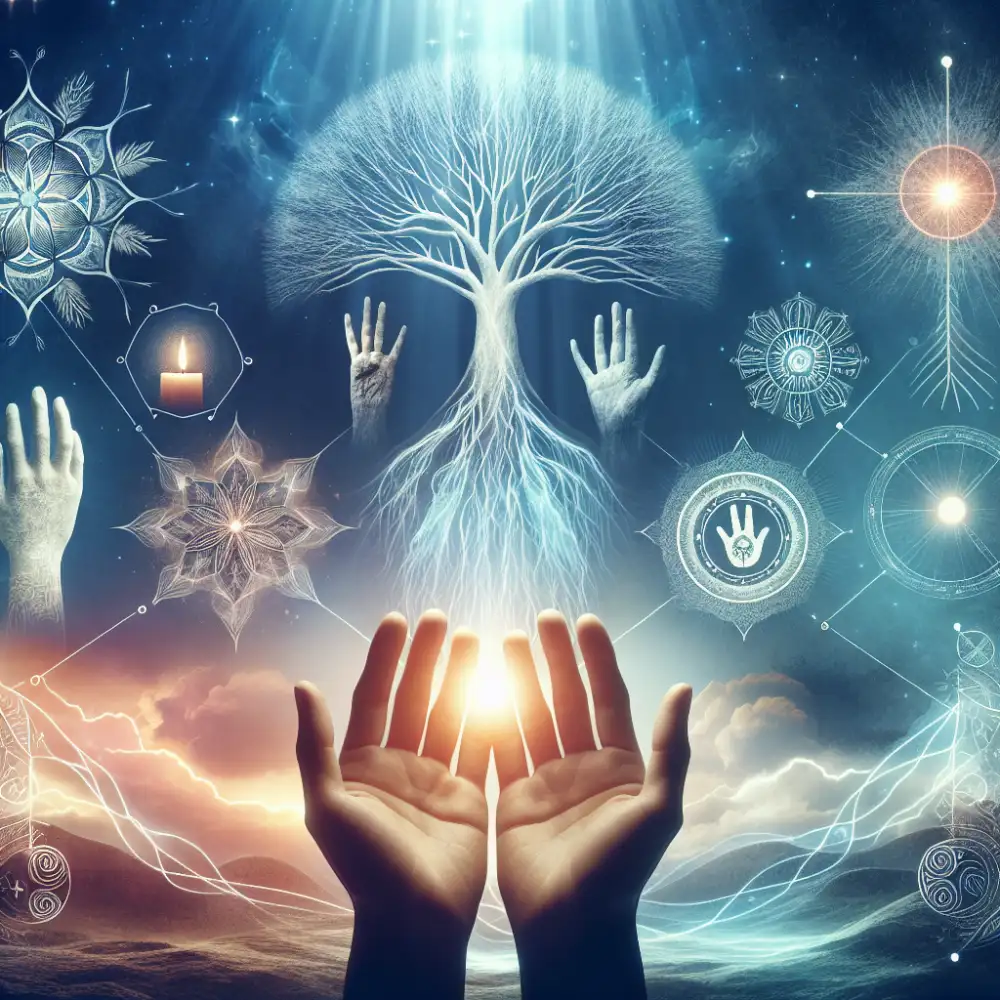
As you connect with others, approach these spaces with an open mind and a willingness to learn and share. Remember that everyone's journey is unique, and the support you receive can be instrumental in deepening your practice and fostering healing for yourself and your lineage.
Published: 23. 06. 2024
Category: spirituality

